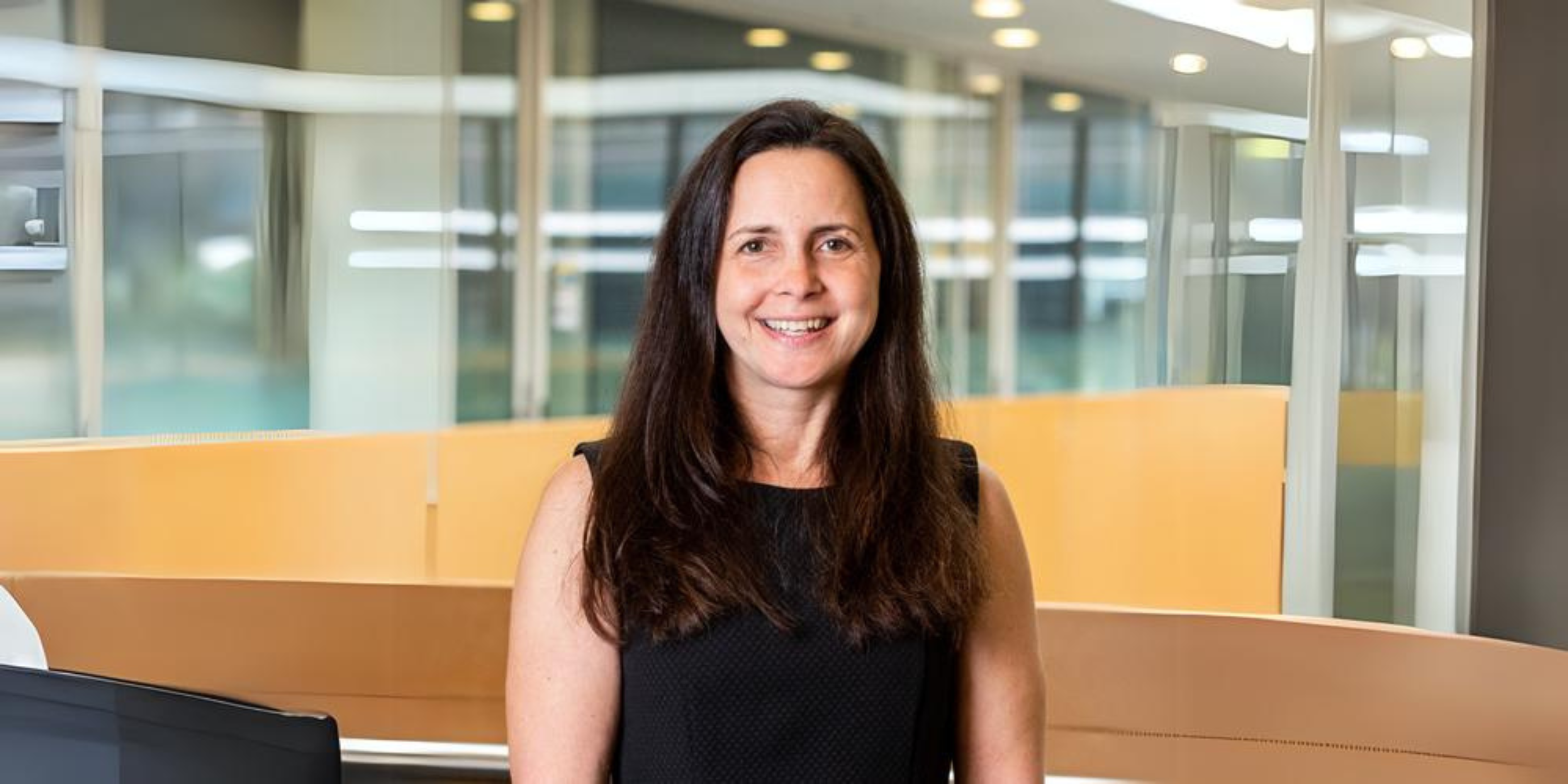In our 12th Visible Women interview we meet Scientia Professor Carla Treloar, who works across two research-focused centres – Centre for Social Research in Health and the Social Policy Research Centre at UNSW. Her research interests include hepatitis C and injecting drug use, with a focus on stigma and discrimination.
Here, we find out more about Carla’s leadership journey. We discuss the need for women to have more confidence, the different representations of leadership, and how sometimes — despite your best efforts — a workplace might not be the right fit for you.
Tell us a bit more about yourself and your work?
I’m a senior professor and work across two research-focused centres – Centre for Social Research in Health and the Social Policy Research Centre at UNSW. I was Director of those two Centres from 2016 till the end of 2022. After seven years in the Director position, I was hungry to get back to my research program.
I’m a social scientist and my training was in psychology, but I now work across a range of disciplines with a focus on how health and social systems can do better for people who experience marginalisation from the mainstream. Stigma is a huge part of that story and I have a number of big projects in that area, with an awesome team of researchers and excellent partnerships with leaders in the community.
What challenges have you overcome to get to where you are? How did you overcome them?
I put a lot of faith in my ability to build relationships with others but I’ve had a couple of very stressful experiences with people in the workplace who behaved very poorly. In one instance, as a junior person, I couldn’t find any way to deal with the situation but to leave and find another job. In other experiences, I had more power and could find other solutions but I’m not sure that I’ve coped well with these experiences, or done the best I can.
These situations have cost me a lot in distress and damage to my confidence. I wish I had a bit more insight or strength to turn the frame around and not take these situations as a comment on me and my abilities to play nicely with others. It took me too long to realise that I couldn’t fix these situations myself and that the other people involved were not playing by the same rules as me.
What is your ultimate ambition and how do you plan to get there?
I’m not sure I’ve ever had an ultimate ambition or even a one or five year plan. I like to keep scanning what’s around, what’s new and see if I can make a contribution. I do want to leave a legacy of significant impact on research, practice and advocacy in stigma reduction. Stigma has such a corrosive effect on our society in so many different ways.
We’ve got good momentum in our stigma research program, and I’m focused on keeping that growing and having more and more impact. We can only have that impact by having people with lived/living experience of stigma front and centre in all activities. And I want to contribute to a generalised change in research by working to embed partnership with community as a taken for granted principle.
Since stepping down from a university leadership position, I’ve tried to find ways that I can make contributions outside of the university sector. I’ve trained as a crisis supporter for the Lifeline digital help service and do a weekly shift. I’ve recently joined the Board of the Bobby Goldsmith Foundation which supports people living with HIV. And I’m learning the drums – I’ve almost mastered You Gotta Fight for Your Right to Party, by the Beastie Boys. The whole of the Nirvana catalogue is next.
What is the one thing you would like to see changed in your area/sector that will move us towards gender equity in the workplace?
That’s such a big question – so many things! I’ve been lucky to be surrounded by amazing cohorts of women – from school, through my working life and now. I’ve learnt so much by listening and watching them navigate their lives. I would like conversations about hard things to be more open and accepted as normal – and I would love to be able to stamp out imposter syndrome.
The women I see around me are brilliant and have such fantastic skills and knowledge to bring into just about any professional situation they might find themselves in. I would love to have the magic wand to wipe away women’s crisis of confidence. If we could change the factors that erode women’s confidence, the world would be a very different place.
Structurally, we need affordable child care available near to workplaces. I put my name down for work-based childcare when I was 12 weeks pregnant. My son was just about to turn three when we were offered a place for him. Those early years were a huge financial struggle and exhausting as we had a long commute and couldn’t move closer to work without childcare. I definitely lost productivity across those years and felt like I lost ground to my peers
What advice would you give to emerging female leaders?
It can be hard to put yourself forward for a leadership role. But you don’t have to wait for someone to give you a formal leadership role – you don’t need a ‘big L’ leadership position, with your name on the door and a pay rise to be a leader. Although, all of that would be great of course. To get there, you can see the things that you might ‘naturally’ do as leadership.
Leadership is about connecting the dots, recognising others, seeing an opportunity for change and corralling people towards it. Then you need to start talking about yourself in leadership terms and use these things you ‘just do’ as examples of how you’re already a leader – and then advocating for recognition with a leadership position, name on the door and pay rise if that’s what you want.
Connect with Carla
X (formerly Twitter) @carlatreloar


